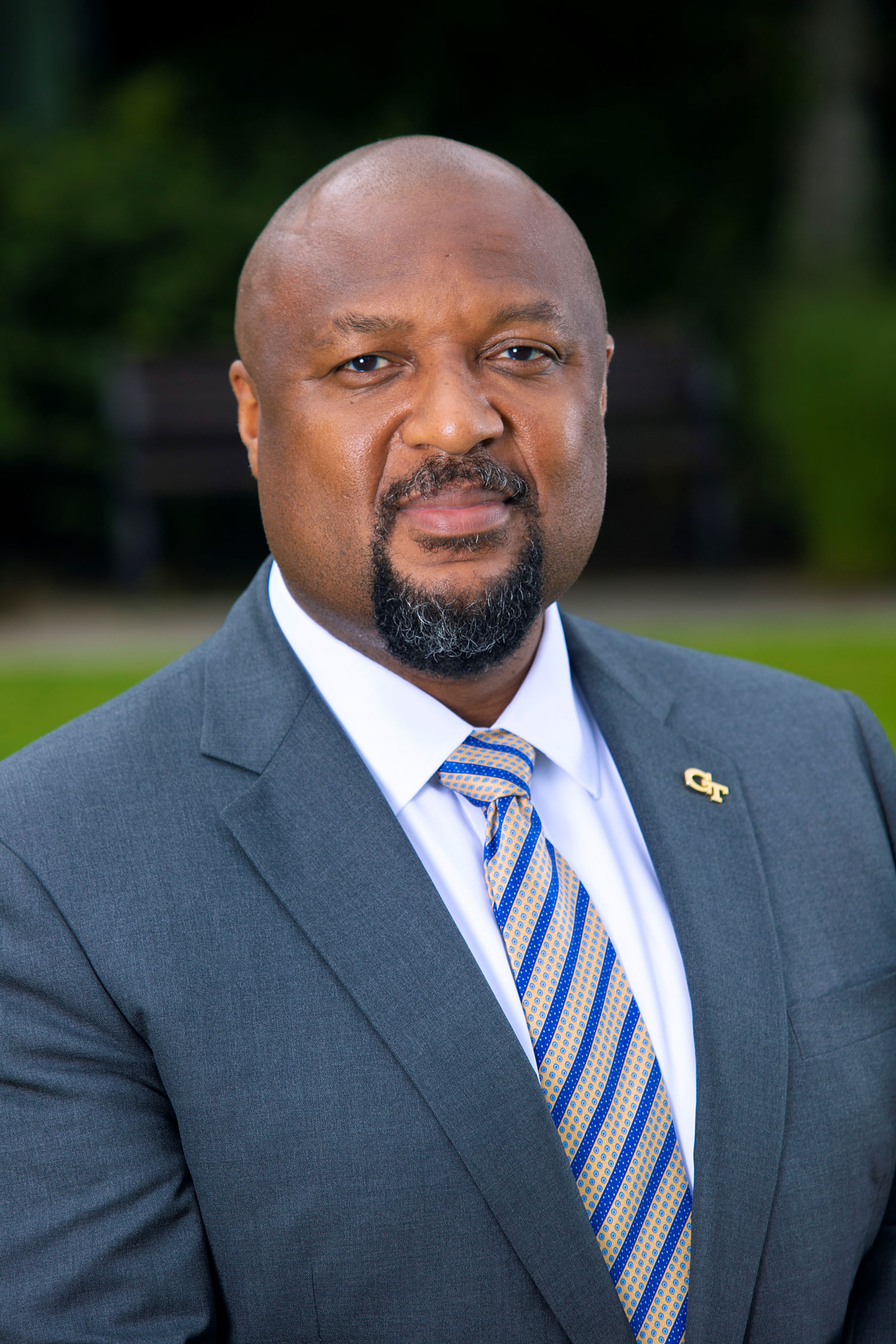
Charles Isbell, SM ’93, PhD ’98, planned from an early age to pursue a career in computer science, and his mother, Jacqueline, worked hard to make sure that was possible.
“My mom was a single mother who worked multiple jobs to make sure my two brothers and I could be educated in our passions,” says Isbell. “And I was motivated by the opportunities I was given.”
Isbell went on to earn an undergraduate degree in computer science from the Georgia Institute of Technology and a doctorate from MIT’s AI Lab (now known as CSAIL). He later returned to Georgia Tech and became the first black tenured professor in the school’s College of Computing. He is now executive associate dean at the college, where he is dedicated to providing educational opportunities to students from all backgrounds.
“The driving forces when we started were to admit as many people as possible who could succeed,” Isbell says. “And we worked to make certain that they had the tools they needed to do so.”
Isbell helped develop the college’s online master’s program in computer science, the first of its kind offered by a university. Its two central principles are accessibility, including low tuition costs, and equivalency, meaning no credit distinction between an on-campus and online degree. The master of computer science program now includes around 7,000 students online and some 300 on campus.
“Many people have full-time jobs, are married with kids, have mortgages, or just don’t have time,” Isbell says. “The online program allows them to contribute, on their schedule, to the field of computer science.” In total, Georgia Tech helps increase the number of graduate computer science degrees in the US by nearly 10 percent each year.
He also works to increase access as executive director of Georgia Tech’s Constellations Center for Equity in Computing, which focuses on underserved high school students. “There are about 15,000 Spanish teachers in Georgia but fewer than 100 certified computer science teachers,” he says. “That really limits students’ opportunities.”
Growing up, Isbell had the chance to learn vital skills because his mother enrolled him at a magnet high school 10 miles from their Atlanta home that had specialized courses in computer science.
“By enrolling me in a focused school, my mom set me up for Georgia Tech and MIT,” he says. “And now I’m focused on giving as many people as possible the same opportunities.”
Keep Reading
Most Popular
Large language models can do jaw-dropping things. But nobody knows exactly why.
And that's a problem. Figuring it out is one of the biggest scientific puzzles of our time and a crucial step towards controlling more powerful future models.
The problem with plug-in hybrids? Their drivers.
Plug-in hybrids are often sold as a transition to EVs, but new data from Europe shows we’re still underestimating the emissions they produce.
How scientists traced a mysterious covid case back to six toilets
When wastewater surveillance turns into a hunt for a single infected individual, the ethics get tricky.
Google DeepMind’s new generative model makes Super Mario–like games from scratch
Genie learns how to control games by watching hours and hours of video. It could help train next-gen robots too.
Stay connected
Get the latest updates from
MIT Technology Review
Discover special offers, top stories, upcoming events, and more.